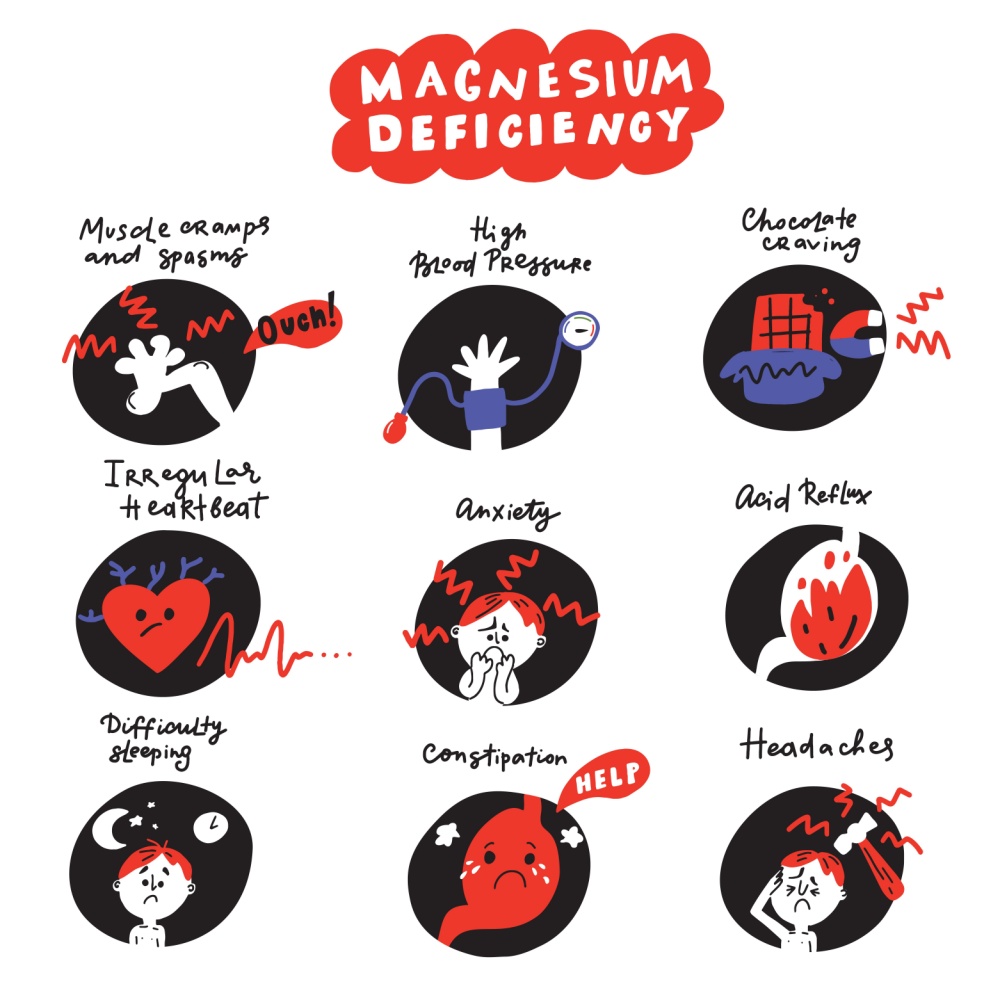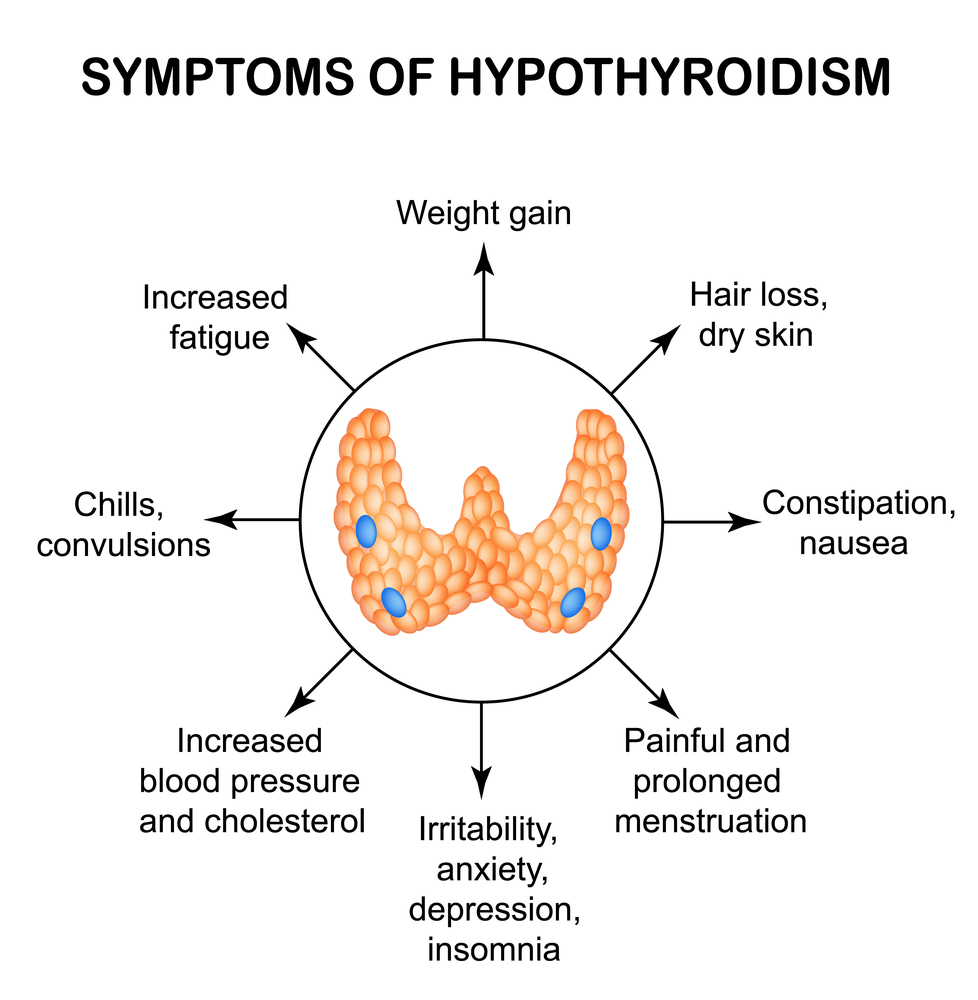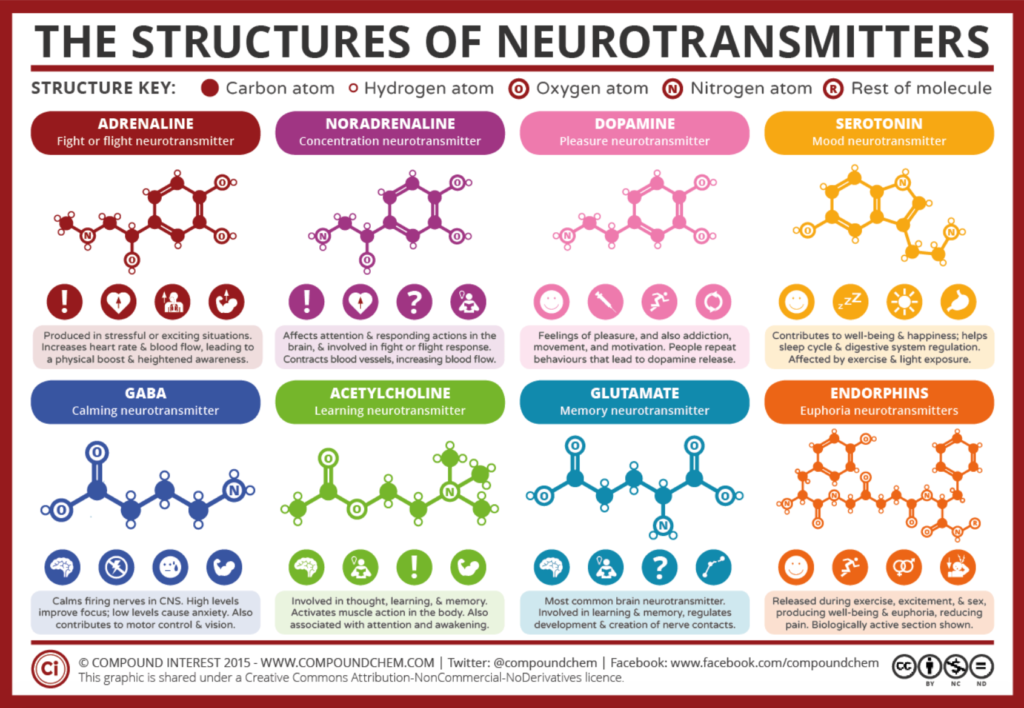What's On This Page?
ToggleYou’ve been programmed to believe that serotonin deficiency causes depression. If SSRI antidepressants actually cured people, we would not see escalating rates of suicide, agitation, anxiety, depression, bipolar disorder and PTSD (post traumatic stress disorder).
The secret sadness that people carry is not always apparent to the rest of the world. For example, I went to lunch with a new friend who has a picture-perfect life by most standards. She confided to me that she has tried to kill herself three times and suffers with chronic depression.
More than 2 decades has passed and not one psychiatrist or physician has ever suggested magnesium to this lovely lady. Not one! Unbelievable considering the studies that suggest magnesium plays some role in depression, even with suicidal tendencies. See below for the symptoms of deficiency. They just keep adding one antidepressant after another antidpressant to her medication regiment. That’s it just antidepressant drugs!
Depression is just a word to most people, until it tries to kill you.
The depth of suffering is hard to understand, especially if you are not sensitive to the clues … the mood swings, the comments, the degree of chronic pain, the fear of a new diagnosis and the fear in general. Many people with depression mask it by drinking alcohol, alcoholism is very commonly tied to this disorder and it makes it harder to treat. Smoking cigarettes and relying on coffee are two other temporary mood boosters (that don’t work in the long term).
If I help one person, even one person with this article, I will rest easier tonight because what I’m about to tell you about prescription antidepressants is not what most pharmacists will tell you. (Basically, they don’t work very well, and they don’t work for very long). They are mood Band-Aids, you have to dig deeper to get to the root cause of depression, as well as anxiety, mania, hypomania, panic attacks, and other hard-to-diagnose personality disorders.

SSRI and Related Antidepressants
Millions of people, especially women take SSRI and related antidepressants. They require a prescription and cost anywhere from $50 to $400 US dollars per month. They are not risk fee. Studies suggest that cardiac problems may occur in the fetus when mothers take SSRI antidepressants during the first trimester, yet one in four women trying to get pregnant are taking an antidepressant.
I would be remiss if I didn’t share the popular brand names of some SSRI antidepressants so you know if you take them: Zoloft (sertraline), Prozac (fluoxetine), Celexa (citalopram), Lexapro (escitalopram), Paxil (paroxetine) and fluvoxamine (Luvox). That last drug Luvox, is often used for OCD, obsessive compulsive disorder.
There are two other very popular antidepressant medications that are not exactly in the SSRI class, but they are similar enough to mention here: Wellbutrin (bupropion) and Cymbalta (duloxetine).
Antidepressants target various neurotransmitters, usually epinephrine, dopamine or serotonin. But there are about 100 different brain chemicals involved in making you feel “happy” so targeting just those three is silly. The medications work for some, but not for everyone because it depends on the type of neurotransmitter imbalance that individual has.
Stats
No wonder there were nearly 37,000 suicides in 2009, and about a million attempts according to the CDC. It’s ideal to get information about your body, since there isn’t a one-size-fits-all antidepressant. It’s important to journal and track your symptoms and as well as what you ate, and what supplements and medicine you took on your good days and bad days. This type of information can help you if you have any chronic illness, especially if you have severe depression.

I’m recommending these so you can do to get a better picture of what’s happening inside your body. If you find that you have low levels (or high levels) of one of the following compounds, you can target that compound.
Some of the nutrients and herbs I mention below, might work better than antidepressants. Many of them can be taken along with your drug. Of course, ask your physician what is right for you. Here goes:
Interleukin 10 or IL-10.
A blood test will measure this cytokine. Reduced IL-10 is seen with depression, feelings of helplessness, insomnia and migraines. Lift your IL-10 with resveratrol, vitamin D, and exercise. Please don’t naively think that you’re getting adequate and pure resveratrol from red wine, it’s the supplement I’m suggesting not a bottle of wine every night!
One more thing, too much resveratrol is bad. It’s a drug mugger for copper. Copper deficiencies can cause low white blood cell (neutrophil) counts, and anemia that is unresponsive to iron supplementation (but responds to copper). I need to move on, that whole conversation can take place in a future article. As for testing IL-10, ask your physician for this blood test, any lab can do it.
C Reactive protein.
You’re more likely to be depressed when it’s elevated. Vitamin E and C, probiotics and CoQ10 can lower this. As for testing, any physician and any lab can perform it. Allow me to elaborate because most physicians think of CRP as a heart health biomarker.
It’s an inflammatory biomarker that shows whether or not you have acute inflammation within your body. Elevated levels are common with infections and chronic diseases, but I’m saying this biomarker can correlate with your psychological health. Research suggests that high CRP levels can contribute to the inflammatory pathways that exacerbate symptoms of depression.
Vitamin E and C are potent antioxidants that help mitigate oxidative stress and reduce inflammation, thereby potentially lowering CRP levels. Has any doctor ever mentioned this to you? It is such a simple, easy thing to try.
Probiotics are increasingly being recognized for a connection to the immune system and mood regulation, factors that can influence inflammation and CRP levels. Coenzyme Q10 (CoQ10), another powerful antioxidant, supports cellular energy production and has anti-inflammatory properties, which may also help reduce CRP levels.
Routine testing for CRP can be a valuable tool for assessing inflammation and its potential role in mental health disorders such as depression. Using supplements as a complementary strategy to traditional antidepressant therapy could be an easy widely-accessable way to improve mental health.
TNF alpha.
This cytokine (measured in the blood) is high in depression, narcolepsy, bowel disease and psoriasis. Reduce TNF (tumor necrosis factor) with probiotics, magnesium, lipoid acid, curcumin, boswellia and essential fatty acids. Any physician and any lab can perform it.
Thyroid hormone and Depression
Evaluate your Free T3. If it’s low, it’s a slam dunk for depression, fatigue and weight gain. I suggest you get this between 3.5 and 4.3 using thyroid medicine or supplements. The topic of low thyroid and depression is huge, and it’s tightly correlated. I wrote an entire book on thyroid and have a chapter related to depression in there my book is called, Thyroid Healthy. Check it out, it has hundreds of awesome reviews (and thank you for those!!)
The point I want to make is that you might be hypothyroid or “thyroid sick” or resistant, and this can be the underlying cause of depression. No amount of antidepressant medication will fix that. The biggest problem is that there are still many physicians who don’t know how to test correctly, or who disagree with the method of testing that I personally recommend. Proper testing can uncover thyroid disease, whereas improper testing can leave you tired, overweight and depressed while your physician says, “Your levels are normal, it’s not your thyroid.” See below for symptoms.
To me, it’s not your thyroid til you’re tested correctly! By that I mean, getting free T3, total T3, reverse T3 and T4 levels. I don’t care too much about your TSH levels. Any physician and any lab can run the tests but if you experience resistance, I’ve made it easy for you.
Buy the test yourself, and take the results with you to your physician. You can self-order a Thyroid Profile if you call Quest or Labcorp, but of course work with your doctor to interpret the results. Here is an article I wrote to help with lab interpretation, 5 Essential Tips To Interpret Your Thyroid Lab Results: Normal Isn’t Optimal.
Now, remember, the point here is that undiagnosed thyroid is a common, if not epidemic cause for depression and standard lab tests don’t pick it up! It’s up to you to find out if you have low thyroid. Here’s a graphic to show you the symptoms real quick before we move on to something else that’s important, namely neopterin and biopterin.

Neopterin and biopterin.
This is a urine test and these two compounds are by-products of chemical reactions involving tetrahydrobiopterin (BH4) which is required to make epinephrine, norepinephrine and dopamine. This ratio is important if you have depression, Parkinson’s, Alzheimer’s, depression or autism. I did a private poll on some people who I knew were suffering with depression. Of the 7 people I asked, not one of them had their neopterin/biopterin levels measured, not one.
Increased neopterin formation, enhanced tryptophan (from protein like turkey) degradation is commonly seen in autoimmune diseases and chronic infections like LYME DISEASE. You can also search more by entering keywords in my search box for more information. The point is, disturbed metabolism of tryptophan affects your ability to create the neurotransmitter serotonin, increasing your susceptibility for depression.
Elevated neopterin low tryptophan levels even correlate with neuropsychiatric disorders. It’s something you need to check out if you have bipolar disorder, severe depression, schizophrenia, personality disorders, aggression, Alzheimer’s disease, Parkinson’s and any kind of of dementia.
One more thing, the ratio is more important than either level alone. Let me outline proper levels for you here:
Neopterin 0.15 – 0.79
Biopterin 0.04 – 0.35
Neopterin/Biopterin ratio 0.04 – 8.67
Magnesium is a Natural ‘Antidepressant’ Mineral*
I mentioned magnesium earlier in this article. Studies prove it enhances mood, and as a side benefit it reduces muscle pain. It’s easy to become depleted in magnesium, especially if you drink lots of coffee. Hundreds of prescription and over-the-counter medications ‘mug’ magnesium from your body. They are what I call drug muggers.
Among the worst offenders are antacids, acid blockers, steroids, antibiotics, antivirals, loop diuretics, thiazide diuretics and cholestyramine. Poor magnesium levels can lead to methylation problems, and that increases depression, whether or not you have the A1298 or C677T snp (polymorphism). You should read my article on methylation to get a handle on this. Testing for magnesium is not ideal in conventional medical settings.
For lab testing, I prefer you get an “RBC mag” level. That stands for Red Blood Cell Magnesium. This shows you what is inside the red blood cell, as opposed to other areas. You can ask any doctor to order this for you, or order your own lab test.
Are you taking the right magnesium? CLICK HERE TO FIND OUT.
The type of magnesium you take matters. By no means am I suggesting that magnesium is a cure for depression, but I definitely think it could help. It’s simple and it’s cheap. You have to agree that magnesium is way safer than SSRI (selective serotonin reuptake inhibitor) antidepressants. You can buy any brand you want, except the form of magnesium oxide which tends to cause diarrhea. I offer my own type at www.ScriptEssentials.com
Preferred forms of magnesium are “chelated” or they have L-threonate, glycinate or malate in them. These are is easier on the tummy and has added health benefits to you. If you are giving this to a young adolescent, or someone who can’t swallow capsules, a powdered form LIKE THIS could be useful.
12 Supplements
There are 12 Supplements in Total that I’ve included in this blog, here is a consolidated list.
- Magnesium
- Resveratrol
- Vitamin D
- Exercise
- Vitamin E
- Vitamin C
- Probiotics
- CoQ10
- Lipoic acid
- Curcumin
- Boswellia
- Essential fatty acids
Have I made the case yet?
I hope I’ve made the case now that severe depression requires more than 1 pill a day. Healing depression takes time, and requires relaxation, and a good counselor and hitting the nail on the head. By that last one, I mean finding out the exact mechanism for the suppression of key neurotransmitters. We didn’t even talk about this but adrenal function matters too.
Cortisol levels are important, too much or too little affects mood. Antidepressants don’t impact cortisol levels.
Breathing (something so simple!) quickly reduces cortisol, a stress hormone, which when high, makes you tired, overweight and sad! Balancing estrogen levels, raising progesterone, thyroid or testosterone can help. Deficiencies of magnesium, vitamin C, B12 or folate are often involved. Methylation difficulties, definitely involved! You can buy that test all by yourself if you want to at my link, www.directlabs.com/SuzyCohen.
Microbiome anyone? Yes, your gut health is huge, yet so overlooked. SIBO (small intestinal bacterial overgrowth) impacts your mood. Probiotics improve your microbiome and positively influence your ability to deal with stress and make neurotransmitters. Probiotics help you make GABA which is another relaxing ‘antidepressant’ chemical you make.
There are tons of probiotics available today, many of them are high-quality, however, your body has to mesh well with them. You should not ingest a probiotic strain that is foreign to your own system. The brand I prefer and keep coming back to is Dr. Ohhira’s Probiotic but you can certainly take what you like.
Please don’t give up on life.
The cause of depression differs for everyone, that’s why medications require trial and error. That’s also why some medications don’t work at all … or they work for a while then they stop. Just so you have this handy, 800-273-8255 which dials right into the National Suicide Prevention Lifeline center. You are loved and needed by someone.
I love you! I study every day to help you. I have other articles here, use my search box to find them. And finally, don’t let anyone dismiss nutrients, that is some of your best ‘mood food’ you’ll ever take because that’s what drives your chemical reactions to form your neurotransmitters.
Here are my other columns related to depression and possible help. Click Here to see more. I don’t recommend self-treatment, I am only educating you here, so please ask your physician about any supplement or drug change that you want to make.

Holistic Approaches to Enhance Mental Health
In our journey to better manage depression and other mental health disorders, it’s vital we broaden our lens beyond just popping pills. Holistic approaches that embrace physical, emotional, and environmental elements can dramatically uplift our mental wellness. By weaving practices such as yoga, meditation, and personalized exercise routines into our daily lives, we not only stabilize our moods but also diminish stress and enhance overall mental vitality.
Mindfulness and Meditation: These ancient practices are not just trends—they are time-tested methods that help quiet the mind and soothe the soul. By promoting relaxation and enhancing mindfulness, meditation can dramatically reduce stress and anxiety. If you’re new to this, start small; even a few minutes a day can pave the way to a calmer, more centered you.
Physical Exercise: Never underestimate the power of a good workout. Physical activity does more than just pump up your endorphins—it recharges your brain health, slashes anxiety, and combats depressive symptoms. Regular movement, be it yoga, walking, or cycling, is a cornerstone of not just physical, but also mental well-being.
Diet and Mental Health: What you put on your plate is just as important as what you feed your mind. A diet rich in omega-3 fatty acids, antioxidants, and vital nutrients is crucial for brain health and can significantly influence your mood and cognitive functions. Integrating foods like wild salmon, vibrant berries, and nutrient-dense greens can help build a brain-boosting foundation that supports your overall mental health.
Embracing these holistic practices doesn’t just help manage mental health issues—it empowers you to lead a balanced, happier life. Let’s nourish not just our bodies, but also our minds with these transformative habits.

Suzy Cohen, has been a licensed pharmacist for over 30 years and believes the best approach to chronic illness is a combination of natural medicine and conventional. She founded her own dietary supplement company specializing in custom-formulas, some of which have patents. With a special focus on functional medicine, thyroid health and drug nutrient depletion, Suzy is the author of several related books including Thyroid Healthy, Drug Muggers, Diabetes Without Drugs, and a nationally syndicated column.

